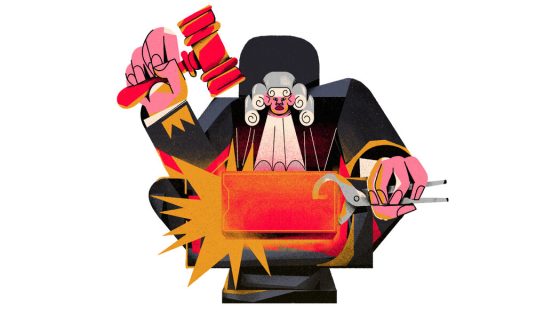For decades, Apple, Amazon, Google, Microsoft and Meta barreled forward with few rules and limits. As their power, riches and reach grew, a groundswell of regulatory activity, lawmaking and legal cases sprang up against them in Europe, the United States, China, India, Canada, South Korea and Australia. Now that global tipping point for reining in the largest tech companies has finally tipped.
The companies have been forced to alter the everyday technology they offer, including devices and features of their social media services, which have been especially noticeable to users in Europe. The firms are also making consequential shifts that are less visible, to their business models, deal making and data-sharing practices, for example.
The degree of change is evident at Apple. While the Silicon Valley company once offered its App Store as a unified marketplace around the world, it now has different rules for App Store developers in South Korea, the European Union and the United States because of new laws and court rulings. The company dropped the proprietary design of an iPhone charger because of another E.U. law, meaning future iPhones will have a charger that works with non-Apple devices.
The modifications mean that people’s technology experiences will increasingly differ based on where they live. In Europe, Instagram, TikTok and Snapchat users under the age of 18 no longer see ads based on their personal data, the result of a 2022 law called the Digital Services Act. Elsewhere in the world, young people still see such ads on those platforms.
The tech industry is essentially maturing and becoming more like banking, automobiles and health care, with companies tailoring their products and services to local laws and regulations, said Greg Taylor, an Oxford University professor focused on competition in technology markets.
Source Agencies




